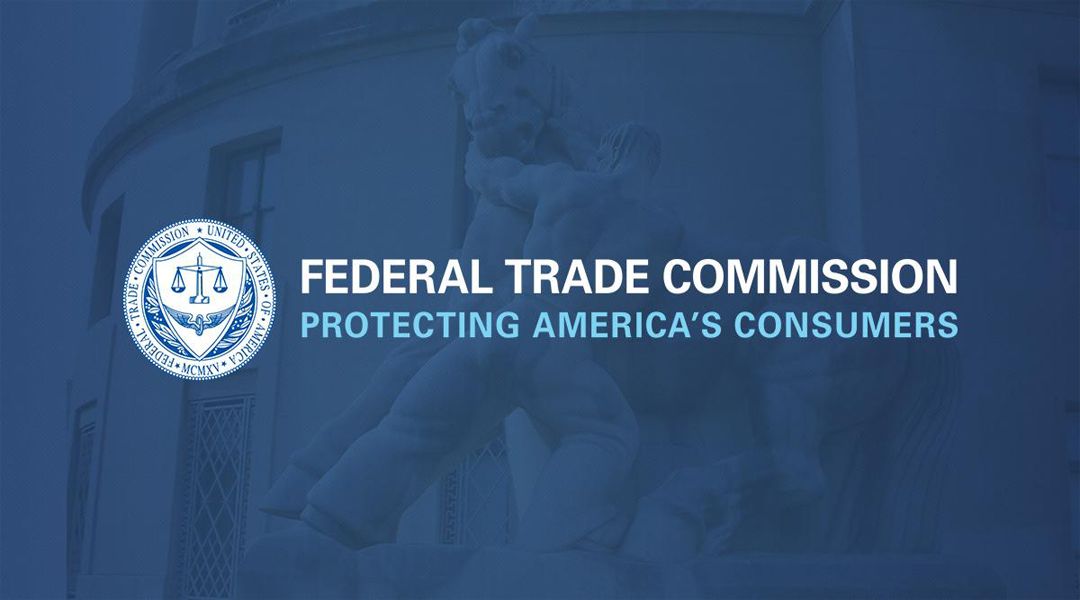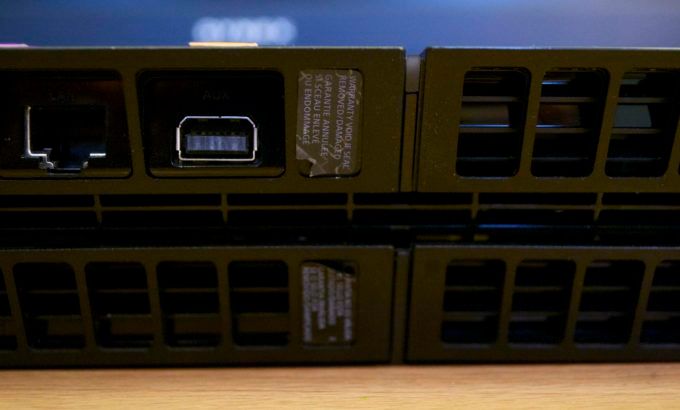The ability to tinker with your hardware has pretty much always been limited to PC gamers due to console manufacturer's tendency to void the warranties of consoles that have been opened up. The Federal Trade Commision (FTC) is looking to change this, as they've now sent letters to Sony, Microsoft, and Nintendo warning them to end that practice or face legal action.
The three companies are guilty of putting "Warranty Void If Removed" stickers on their devices, which violates the 1975 Magnuson-Moss Warranty act. The act forbids a company from forcing, or "tying", customers to use a certain entity or specific parts for a warranty fulfillment, which means there's no such thing as "authorized" or "unauthorized" repairs. The law prohibits the limitations regardless of whether or not they're in a device's end user license agreement, meaning you have every right to open your devices without voiding the warranty even if you agreed to the EULA.
The FTC sent letters, obtained by Motherboard with a Freedom of Information Act request, to all three companies which read:
"This letter places you on notice that violations of the Warranty and FTC Acts may result in legal action. FTC investigators have copied and preserved the online pages in question, and we plan to review your company's written warranty and promotional materials after 30 days. You should review the Warranty and FTC Act and if necessary, revise your practices to comply with the Acts' requirements. By sending this letter, we do not waive the FTC's right to take law enforcement action and seek appropriate injunctive and monetary remedies against [Company] based on past or future violations."
The letters give each company 30 days to comply and change their warranties before the FTC takes legal action against them, though none of the companies are new to legal challenges, with Nintendo in particular facing issues with patents.
Sony, Microsoft, and Nintendo weren't the only companies to receive such letters. HTC, Asus, and Hyundai received identical letters from the FTC, each one citing the specific language within their respective warranties that were in violation of federal law.
Why the FTC waited until now to take action is a bit of a mystery, as the stickers are certainly nothing new. However, it is a relief that consumers can now take their devices anywhere if they experience issues. It cuts down on wasted time communicating with a manufacturer and shipping a bad product back and forth. Perhaps in the future local game stores may even be able to win some customers by repairing broken devices, given they have the technical know-how to do so. Local options could also avoid potential mix-ups with repaired hardware, like when one gamer got someone else's save data after getting his Switch back from Nintendo's repair center.
Loot boxes have also been in the government's crosshairs lately, with some legislators introducing bills to ban or limit their sale. With any luck, the FTC will also take a look at some of those practices.
Source: Motherboard


